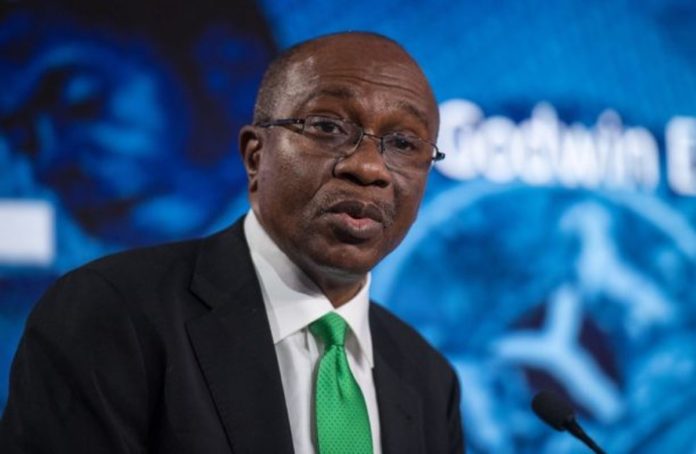MPC Recommends Broad-Based Policy Measures To Curb Inflation
The Monetary Policy Committee (MPC) has recommended a combination of broad-based monetary and fiscal policy measures to curb the rise in inflation and contraction in output growth.
The MPC’s recommendation is contained in the communique read at the end of its meeting on Tuesday by the Governor of the Central Bank of Nigeria (CBN), Godwin Emefiele.
The policy measures, according to the Committee, involve targeted investment by the fiscal authorities to resuscitate critical infrastructure to improve the ease of doing business across the country.
“In addition, the MPC believes the fiscal authorities can build on earlier efforts and articulate a clear strategy to attract private sector investment.
“The CBN will, however, continue to take relevant steps to ensure that the detrimental risk of inflation to the economy is contained,” the communique reads.
The Committee expressed deep concern on the continued uptick in inflation for the twelfth consecutive month as headline inflation (year-on-year) rose to 13.22 per cent in August 2020 from 12.82 per cent in July 2020.
It noted that the increase in headline inflation was largely driven by the persistent increase in the food component, which rose to 16.00 per cent in August 2020 from 15.48 per cent in July 2020.
It added that the core component also rose to 10.52 per cent in August from 10.10 per cent in July 2020.
“These upticks were driven primarily by legacy structural factors such as the inadequate state of critical infrastructure and broad-based security challenges across the country, which dampened production activities.
“Other factors include the disruptions to supply chains following restrictions to movement to curb the spread of the pandemic, adverse weather conditions, which resulted in the flooding of farmlands as well as the inflation pass-through to domestic prices following the depreciation in the exchange rate.
“The recent increase in energy cost is also expected to further impact the domestic price level in the short-term,” the MPC stated.
Reports from the National Bureau of Statistics (NBS) showed that real Gross Domestic Product (GDP) contracted by 6.10 per cent in the second quarter of 2020 compared with expansions of 1.87 and 2.12 per
cent in the preceding quarter of 2020 and the corresponding period of 2019, respectively.

The development ended the three-year trend of low but positive real GDP growth recorded in Nigeria since the end of the 2016/2017 recession.
The MPC stated that the contraction in Q2 2020 was largely driven by the poor performance of both the oil and non-oil sectors due to the lockdown to contain the spread of the COVID-19 pandemic in Q1 2020.
The MPC noted the continued weakness in economic activities as indicated by the Manufacturing and non-Manufacturing Purchasing Manager’s Indices (PMI) which remained below the 50 index point benchmark.
According to the Committee, the Manufacturing and non-Manufacturing PMIs were 48.5 and 44.3 index points in August 2020, respectively, compared with 42.4 and 43.3 index points in July 2020.
It attributed this to slower growth in production, business activities, new orders, supply delivery time, employment level, new export orders and raw materials and input prices. Similarly, the employment level index component of the manufacturing and non-manufacturing PMIs in August 2020 were 44.6 and 44.3 index points, respectively, compared with 40.0 and 41.1 index points in July 2020.
The Committee was, however, optimistic that with the easing of the lockdown and gradual resumption of economic activities, the PMIs will improve in the short-to medium term.



Comments are closed.